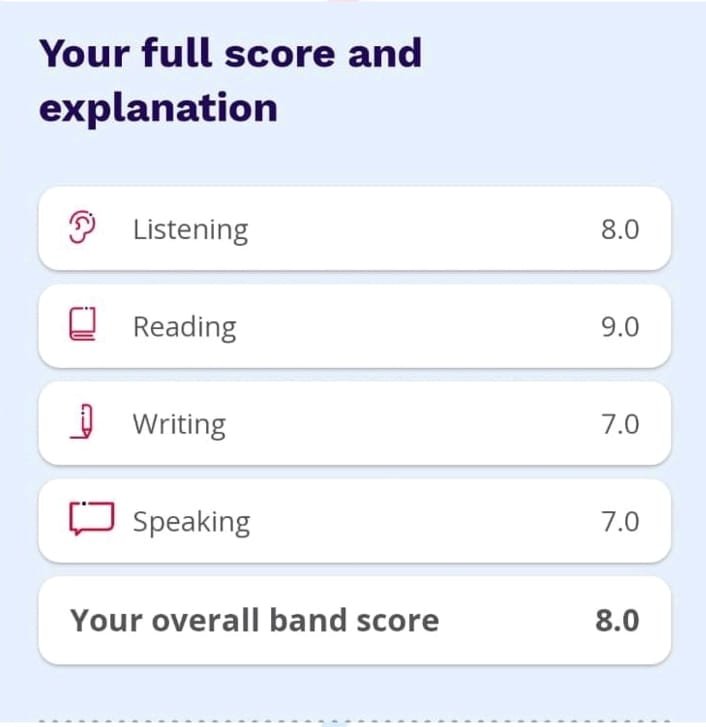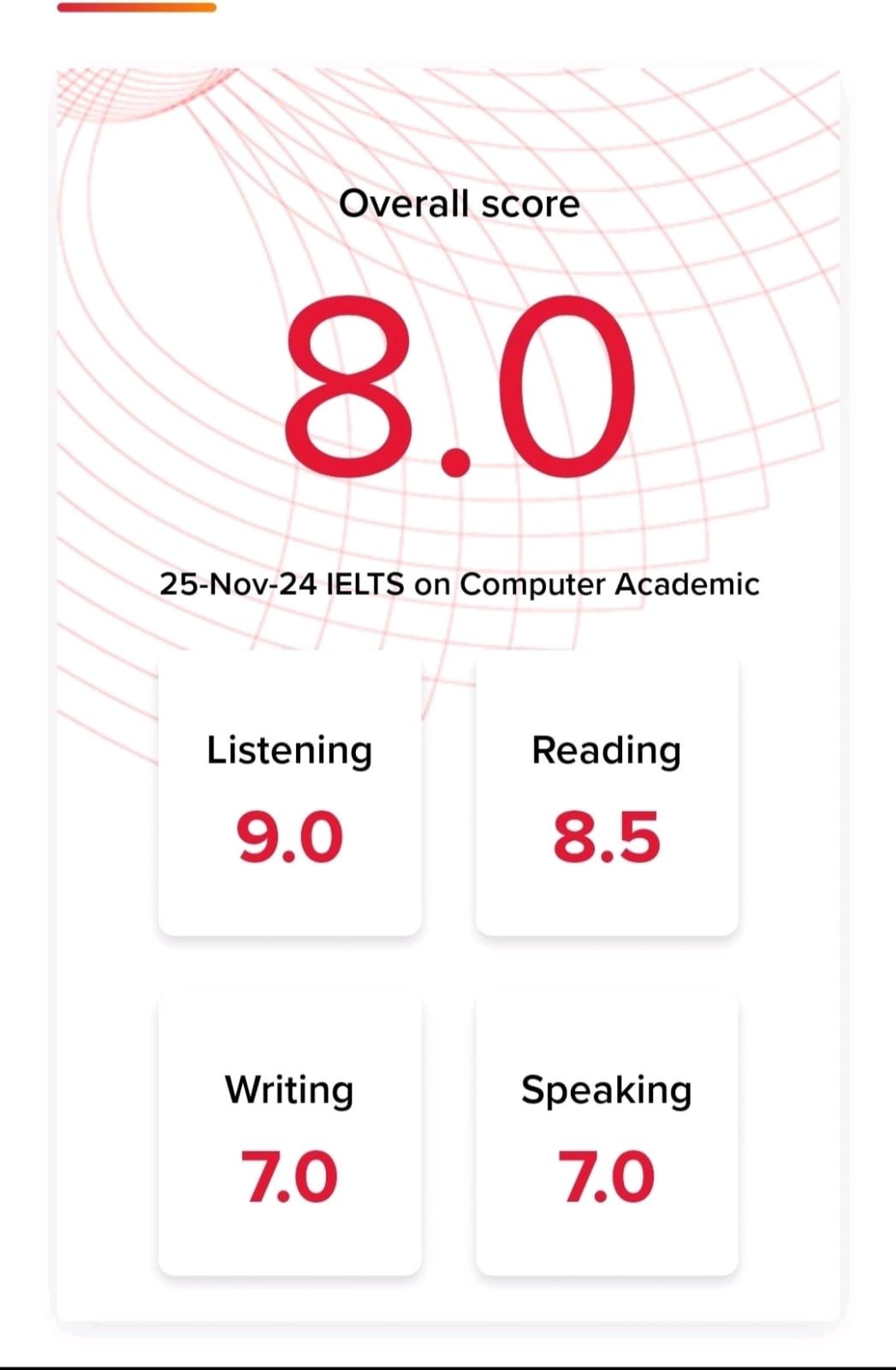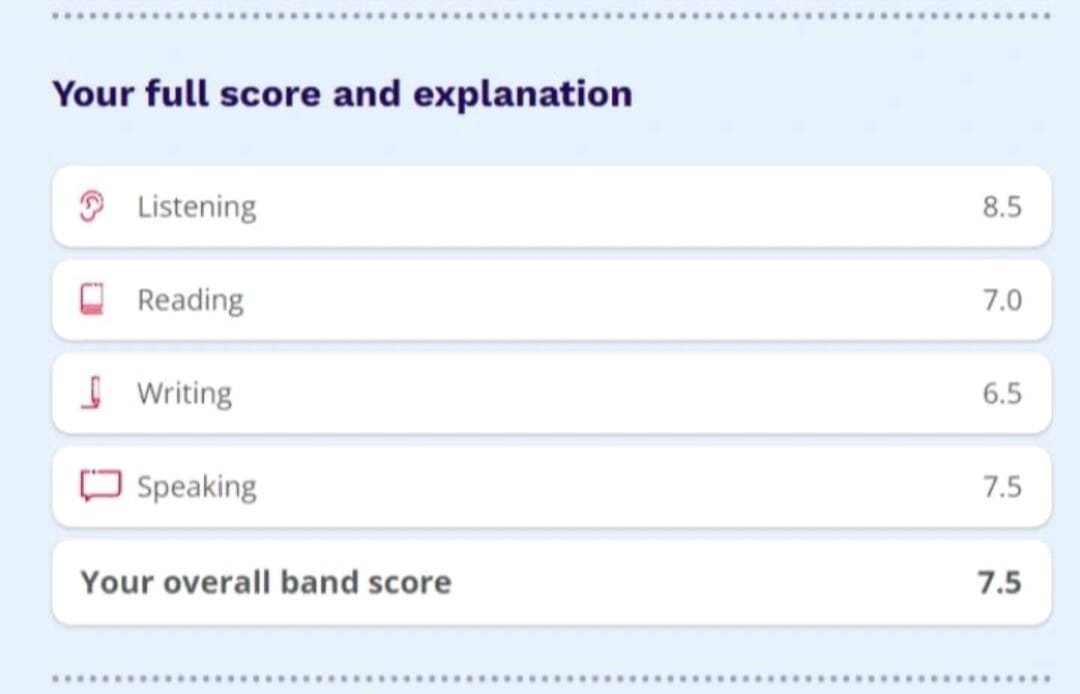
As Your Local IELTS Coach, I understand well how important it is to look at the various approaches to tackling IELTS Writing Task 2. The topic under discussion today is: “In some cultures, children are often told they can achieve anything if they try hard enough.”
In this lesson, we are going to look at the sample answers, many of which have been graded in a range of bands. You will be reading the different responses on their structures, vocabulary, and argumentative approaches. Together, we will learn how to present ideas, weigh relative advantages and disadvantages, and fulfill certain criteria that are requisite for getting into higher bands, such as 7 or 8.
Every sample answer, in fact, is an opportunity to learn more about vocabulary, grammar, or the development of ideas. Let’s polish up your writing so that you can achieve your desired band!
Want to Hit The 7 – 8 Band in IELTS Writing With Ease?
Quick IELTS Writing Tips- In Some Cultures Children Are Often Told
– Try to spend only 40 minutes on this task.
-Write about the following topic: In some cultures, children are often told they can achieve anything if they try hard enough.
-Add advantages and disadvantages of giving children this message.
-Give reasons for your answer and share your personal experience on this.
-250 words are enough.
Sample Answer – In Some Cultures Children Are Often Told
However, in some cultures, they are told from childhood that with sufficient effort and work, they can achieve any dream they want. While such sentiments may be empowering, carrying complexities that deserve scrutiny. The essay will touch upon the various benefits of and issues surrounding this ideology.
Also, read - Education Should Be Free Essay
Two major benefits of this inculcation of ideas in childhood would be ambition and resilience. Believing that he/she can achieve a dream empowers a child to enhance his/her effort, imagination, and problem-solving capacities. For example, a student who aspires to become a scientist and is encouraged to value effort and persistence, such a child would be more likely to engage deeply with the study of science, immersing him/herself in laboratory experiments while surmounting academic adversities. Such a belief would instill in him/her lifelong qualities such as determination, adaptability, and a proactive approach toward challenges.
No unique work should have no mention of another work. A work that is second on the scale of works would use this as an example. The second passage of such a brief work would be taken as an example. The favored work seems to go that way, whereas this passage writer does its best to stand neutral and even bring moderation to the form and the structure of the expressions.
Also, read - Some People Believe That It Is Best to Accept
However, pitfalls therein exist. If expectations go beyond what is realistically feasible, a big issue arises. A child wants to pursue a professional sports career; normal training possibly will not be enough to reach there due to genetic predispositions, deprivations, or enormous competition. The worst situation might arise when the model of dedication is seized to unrealistic levels in that if you work hard, you will not fail, and if you do not work hard, yet still fail, you might get frustrated and feel miserable. Moreover, it tends to ignore quite important aspects such as, amongst others, the role of mentorships, privilege, and one-off opportunities, which can play a strong part in building careers.
In conclusion, while nurturing children on the ability of hard work will instill traits such as resilience and confidence, this message has to be firmly anchored on realism, acknowledging the interplay of effort, opportunity, and the vicissitudes of life. Parents and educators will have the opportunity to build a constructive perspective toward ambition and success in children if they achieve that balance between the two.














